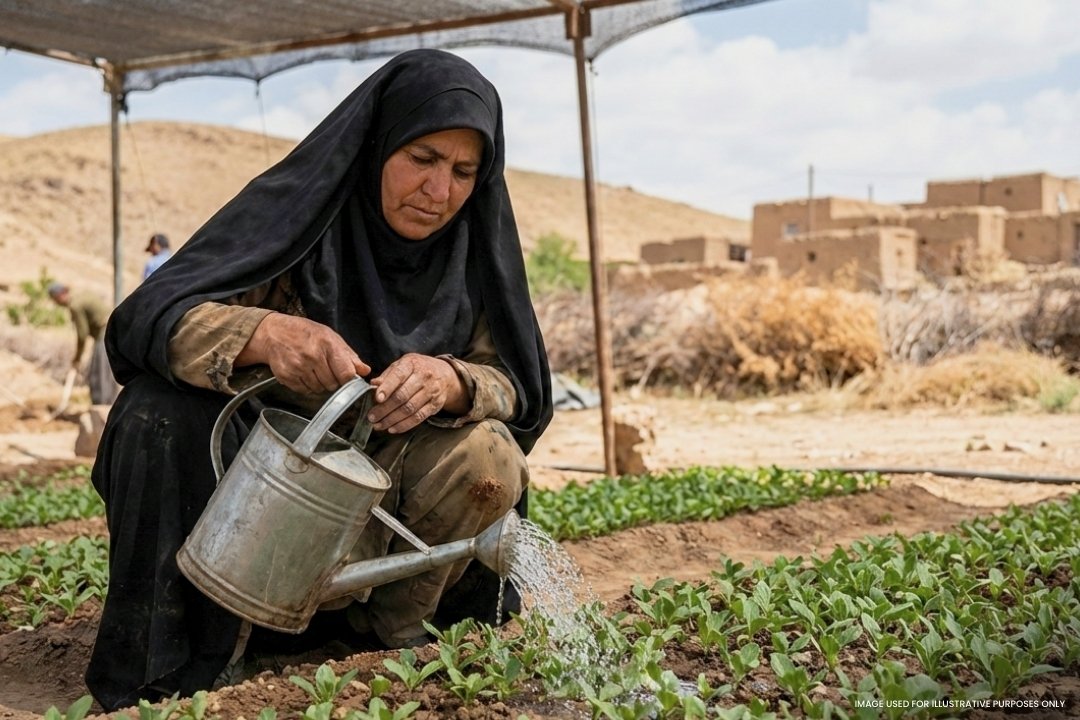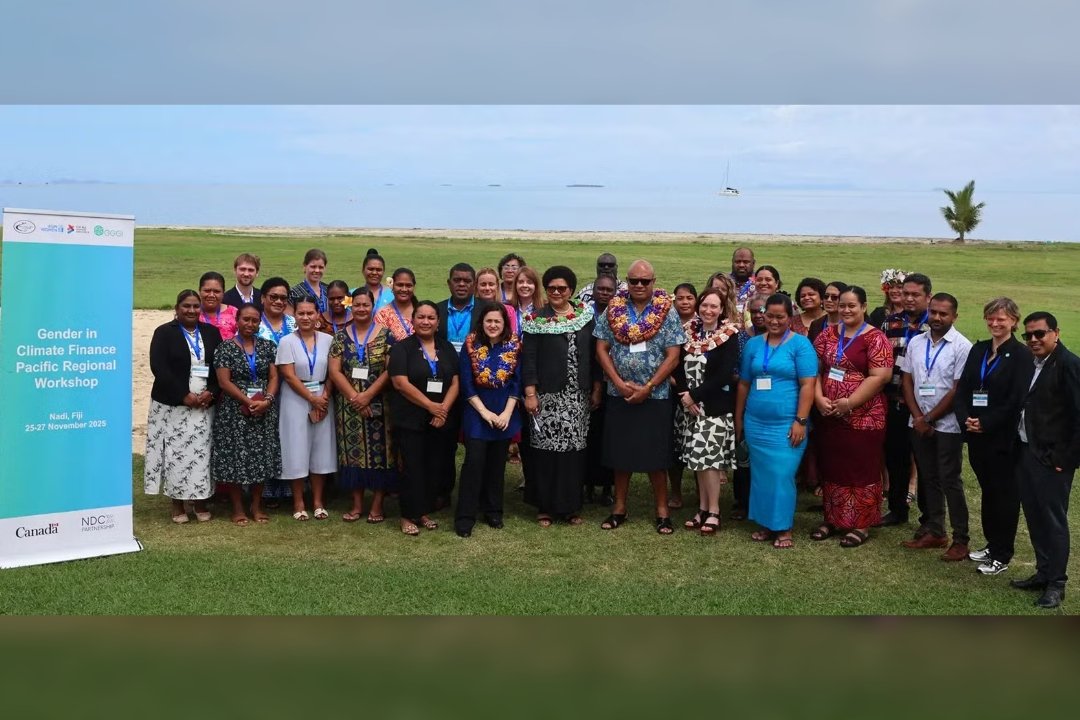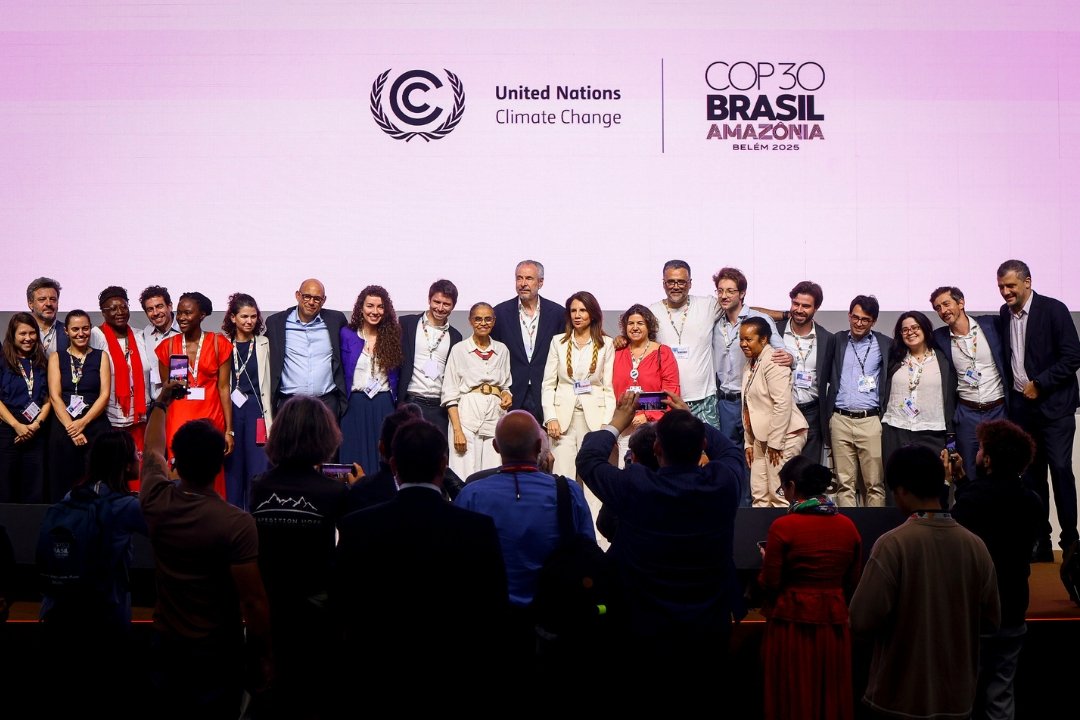
Global environmental leaders gathered in Cali, Colombia, to discuss the alarming decline in biodiversity and review international commitments to protect vital ecosystems, plants, and wildlife.
This two-week event, the United Nations Biodiversity Conference (COP16), follows the 2022 Montreal Summit where 196 nations signed a landmark agreement aimed at safeguarding biodiversity. The conference will focus on assessing progress made since the treaty and addressing the urgent need for stronger actions to preserve critical habitats around the world.
“We hope that (COP16) will be an opportunity for countries to get to work and focus on implementation, monitoring, and compliance mechanisms that then have to be developed in their countries and in their national plans,” said Laura Rico, campaign director at Avaaz, a global activism nonprofit.
“A lot of wild species have less room to live, and they’re declining in numbers,” Krueger said. “And we also see rising extinction rates. Things that we haven’t even discovered yet are blinking out.”
Linda Krueger, director of biodiversity at The Nature Conservancy, highlighted that all available data points to a sharp decline in the abundance and distribution of species. The world is facing its most significant loss of life since the age of the dinosaurs, with nearly 1 million plant and animal species currently at risk of extinction, according to the United Nations Environment Programme.
In the Amazon rainforest, threats to biodiversity include deforestation, forest fires, drought, and the expansion of agricultural land and road networks, explained Andrew Miller, advocacy director at Amazon Watch, an organization dedicated to protecting the rainforest. Miller also emphasized that Indigenous communities are at the forefront of defending biodiversity and combating climate change, often at great personal risk.
“A lot of discourse has been given about the voices of local communities … Indigenous peoples really playing a key role,” Andrew Miller said. “So that’s one of the things that we’ll be looking for at COP16.”
Rico emphasized that Indigenous communities possess the key solutions needed to tackle both the climate change and biodiversity crises.
“They’re who have been taking care of the land, healing the land through their governance systems, their care systems, and their ways of life,” she said. “So … it’s fundamental that the COP recognizes, promotes and encourages the legalization of their territories.”
In Bogota, Colombia’s capital, the leader of an Indigenous organization from the Amazon region shared that Indigenous communities have been preparing for months ahead of COP16.
“This is a great opportunity to make the impact that we need to demonstrate to all the actors that come from other countries the importance of Indigenous peoples for the world,” said José Mendez, secretary of the National Organization of the Indigenous Peoples of the Amazon.
Although biodiversity declines are grim, some environmentalists believe a reversal is possible. “We’ve had some very successful species reintroductions and we’ve saved species when we really focus on what is causing their decline,” said The Nature Conservancy’s Krueger.










